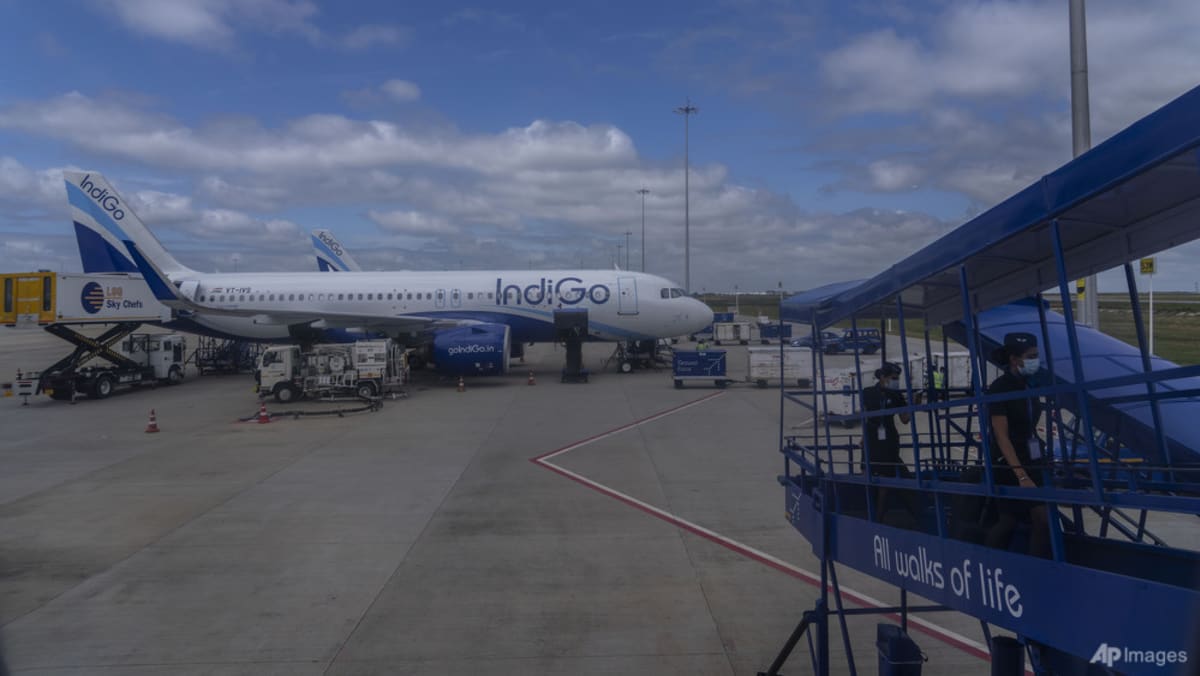‘Cities of Song” may be the theme of this year’s Oxford international song festival, but just as it has been since the annual event began as the Oxford Lieder festival 22 years ago, the songs of Schubert remain its point of reference. To underline that centrality the first evening concert, given in the superb Olivier Hall at St Edward’s School, was a performance by the baritone Roderick Williams and pianist Natalie Burch of Schubert’s final collection, Schwanengesang.
Williams communicates so easily and naturally with his audience that everything he delivers is vivid and compelling. He and Burch stuck to the conventional ordering of these heterogeneous songs, placing the settings of Rellstab’s verse before the bleaker and starker Heine numbers, and ending with the more relaxed Die Taubenpost, to a poem by Seidl. Though his sound has darkened over the years, Williams’s tone still seemed more suited to the Rellstab sequence, and he was at his most conversationally persuasive in Ständchen and the Abschied that ends that group, while there were moments in the Heine songs in which, for all the dramatic intensity that he brought to Der Atlas or Der Doppelgänger, a darker, more incisive sound might have been more appropriate.
Each of the main evening recitals this year is being prefaced by a short showcase from singers on the festival’s emerging artists programme, so before Schwanengesang, soprano Ellen Pearson and pianist Francesca Lauri brought their own selection of last songs, by Quilter and Brahms, Poulenc and Chaminade. One of Brahms’s Four Serious Songs could have benefited from more weight, but the two French numbers, Poulenc’s Lune d’Avril and Chaminade’s Attente, had just the right combination of charm and spice.
One of the anniversaries marked in this year’s festival programme is the centenary of the death of Franz Kafka, and the first in a series of events around that theme was a late-evening performance in New College chapel of György Kurtág’s Kafka Fragments by soprano Claire Booth and violinist Tamsin Waley-Cohen. The hour-long song-cycle is Kurtág’s most substantial concert work and arguably one of his greatest, made up of 40 settings of scraps from his diaries and letters that run the gamut from everyday trivia to anguished confessions, and present enormous virtuoso challenges for both performers. Booth and Waley-Cohen met those challenges quite superbly, matching each other’s intensity; though it’s a work that is sometimes staged, as they showed, it really needs no theatrical extras to make a shattering impact.







